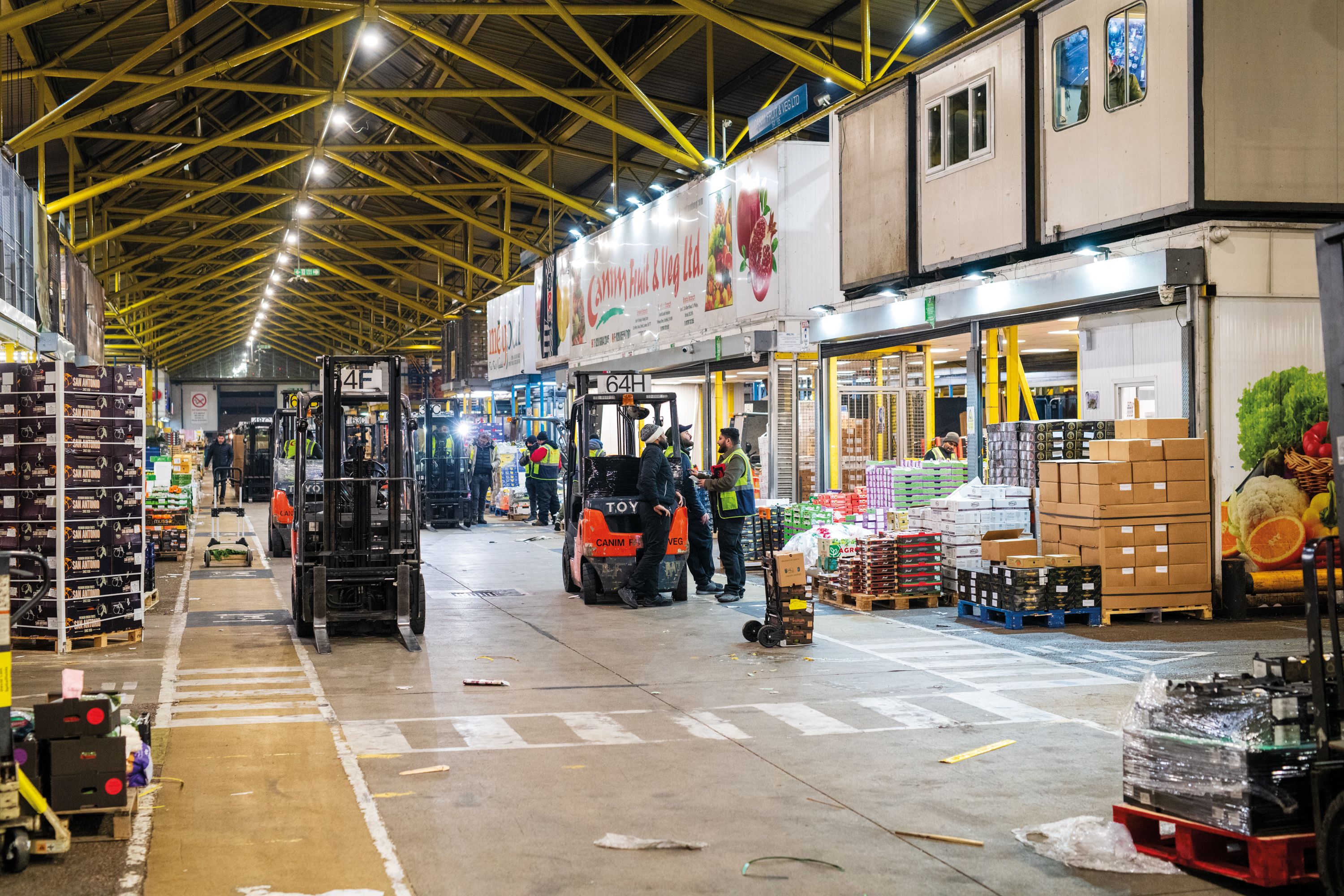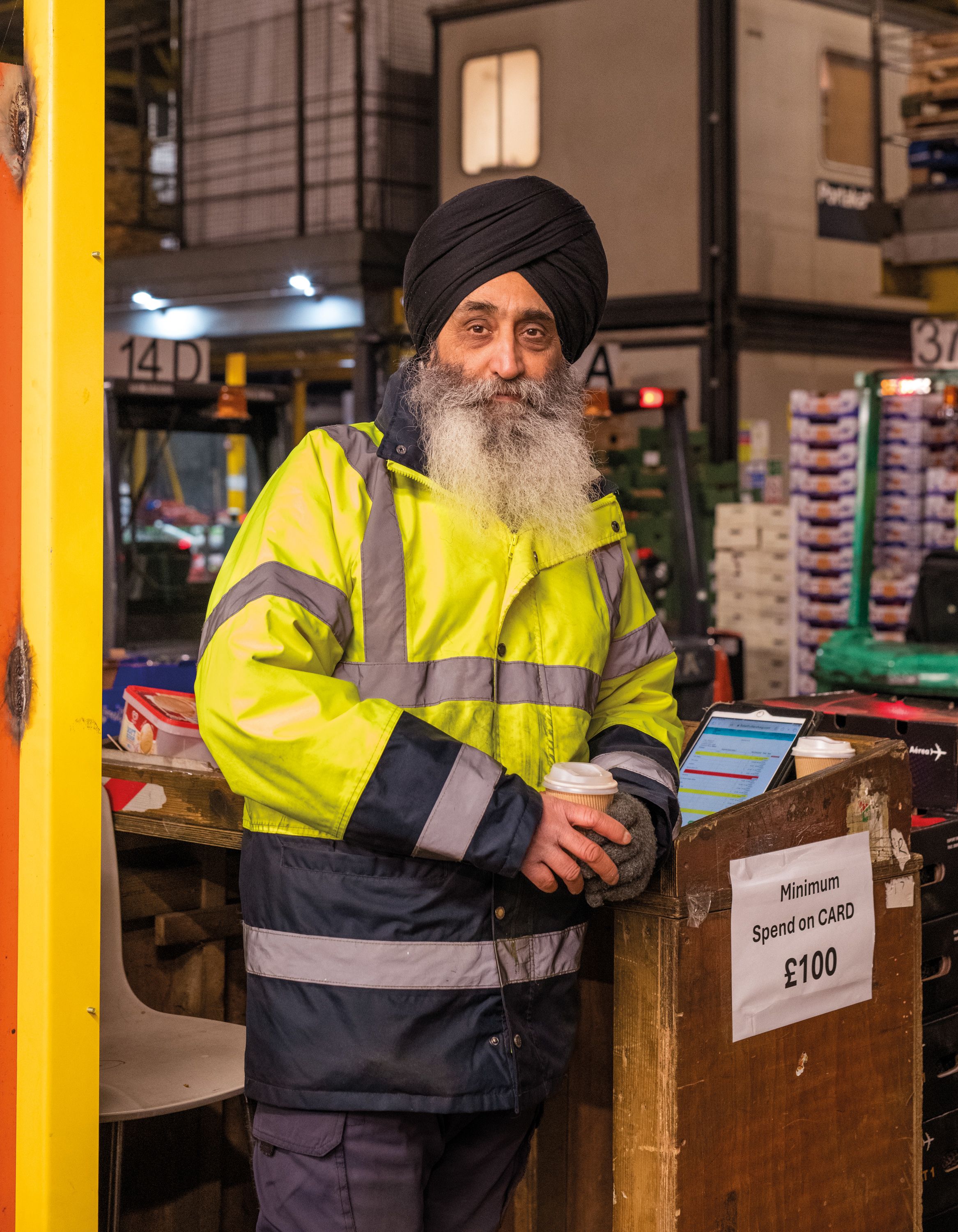Campaigning in an attention economy
How do we create campaigns that match the pace and creativity of the new economy? We explore how innovative approaches to campaigning are overcoming everyday challenges faced by ordinary people


In the wake of Kamala Harris’s defeat in the US Presidential election, there has been much soul-searching in both the Democratic party and the broader ecosystem of progressive campaigners and organisations.
The hot takes have been piping: a lack of an economic message; a failure to break from Biden; too woke; not woke enough; too many celebrities; not enough Rogan; too much Oprah. An answer to a failed campaign feels essential - particularly to those who have just poured a lot of time, effort, emotion and, in the case of the Democrats, money (a stonking 1.1 billion) into a campaign.
It can feel easy to reach for simple solutions. Experts, including those at UCL, are still analysing the data, and it will take months, if not years, to ascertain the whole picture. But politics often demands immediate answers. Campaigners need to know what to do now, not tomorrow. They often find they cannot wait for the evidence to be in. That is especially so now. As we explored in our interview with Mark Leonard, in our new age of globalisation, the capacity for technology to connect us to others in new ways is transforming culture and politics, but it’s also changing how campaigns are run.
The election took place in a new media ecosystem, one in which media is hyperpolarised and technology delivers news and politics in shortened video and long-form audio over the traditional mediums of TV and print. These platforms may now seem well established, but this was the first election in which TikTok, YouTube, and Instagram became dominant players in the political battlefield. This new political environment has redrawn the map for how elections are won and, critically, how our attention is secured.
Here at UCL, researchers, including the UCL Policy Lab’s Academic Co-Director for Economics, Dr Lukasz Rachel, are investigating how the emergence of the ‘attention economy’ is reshaping our societies. From skills and labour markets to wages and inflation, the attention economy drives new incentives for individuals and companies.
These economic incentives also shape politics and the tools that campaigners use
Our partners at the UCL Policy Lab – community groups, think tanks, philanthropic foundations – return time and time again to a desire to shape a politics that is seen to respect ordinary people, their lives and experiences, rather than to treat them with disdain. As the American scholar Hahrie Han has explained, this often draws these organisations away from the political spectacle of speeches and media interventions and towards the apparently more humdrum experience of the practical everyday. But what if there are ways to bridge innovative methods with everyday challenges?
We know that most citizens don’t live in a world of endless podcasts and polls. They have lives to get on with and, frankly, more exciting ways to spend their time. If this is true, and we certainly think it is, then those seeking social change must understand what people want from politics and political change.
This is precisely the question that The Liminal Space, a creative design agency, asked when they looked to design a programme that brought together sleep researchers, shift workers and employers to create a better and healthier working experience for night workers.
“We work with employers who aren’t always fully aware of what workers experience. Leadership and management might not have a good picture of what’s happening on the ground because they don’t walk the floors in the warehouses or at night. They might get a bit of an understanding of some of the challenges if they’ve done a staff survey, etc., but they don’t really understand. And so what we can be is ears on the ground a lot of the time. Workers will open up to our facilitators and start talking about their real challenges, and we anonymously feed that back to employers. So we get this feedback loop. We might give a list of recommendations that employers can often do to support their workers”.
With this in mind, Liminal Spaces launched Night Club - a programme designed in close partnership with shift workers, and built on research from the University of Oxford’s Sleep and Circadian Neuroscience Institute.
Critically, these tools build trust and help all sides see the benefits of making improvements to shift workers’ daily lives. Night Club is, before anything, a tool to support shift workers in having healthier lives.
Anyone who has worked a night shift or has relatives who have will know - that shift work can ruin your days and leave regular patterns of diet and relationships in constant flux.
And yet, as the team at Night Club makes clear, there is a set of ‘quick wins’ which can help support those doing shift work. Night Club has specialised in these quick wins, particularly in the programme’s early days. Travelling to workplaces to take shift workers through a series of steps they can take to improve their sleep, the team at The Liminal Space has been able to support workers seeking help and support in improving their health. It has also worked hard to understand how employers can better support their workers. The team works with shift workers and can brings sleep experts into workplaces to empower shift workers with knowledge and practical strategies to improve their sleep and wellbeing.
“We start with the science of sleep. Oftentimes, night workers will have the experience of how it’s affecting their bodies. For example, they might fall asleep having breakfast. We hear many people say; I feel like I’ve got jet lag, or I feel sluggish and I feel exhausted. We try to help explain the causes of this and provide people with simple tools to help tackle these problems”.
The issues around shift workers should be better known. It reflects a failure in politics to grasp respect and understanding for ordinary workers. There are over seven million shift workers in the UK. Nearly seven times the workforce of the NHS, yet shift workers’ concerns feel unheard in the political discourse. And this has real impacts. If such a large group of workers are ignored or unrepresented by political campaigning or social movements, how can we hope to build a politics of respect, as we set out in our own work here at the UCL Policy Lab?
That’s why The Liminal Space team has begun developing a policy and political strand for the work. As the team explains, the foundations of working with shift workers have strengthened their policy and political campaign.
“We talk about these three levels: individual, organisation, and system. We got grant funding for a policy campaign because of so many recurring themes. It’s now with over 10,000 workers, and we have supported over 30 employers since 2018. And yet, for the size of the cohort of shift workers, it’s amazing how invisible they are in the policy agenda”.
The demand from workers and employers has helped turbocharge the project.
“We do public affairs campaigns; we’ve done some research about putting a cost to the UK of sleep deprivation. It’s £52 billion per year. The economic cost of sleep deprivation is £17 billion, of which is from night shift workers specifically, and the rest is sleepiness in the wider workforce, leading to accidents, absence, less productivity.”
This strategy is reflected in earlier work we covered with Small Axe, where students and teachers led the National Education Union (ENU’s) campaign for free school meals. As Neha D’Souza from Small Axe makes clear, this approach can be revolutionary not just in the victories it secures but also in its capacity for sustained connection and social solidarity.
“It’s always more powerful when campaigns are driven by people in the community. Rather than telling politicians why children need Free School Meals for All — we brought 40 primary school pupils and educators from the National Education Union straight to the doorstep of Labour Party Conference to share their views directly” D’Souza said.
“MPs and journalists at Conference heard from school children on why this issue matters so much to families across the country. Ultimately, pupils make stronger arguments for this policy better than some adults ever could. It’s a no-brainer to make sure real people’s stories and needs are fuelling campaigns and narrative change”.
Campaigners understandably need to focus on engaging with new media and technologies. Donald Trump’s successful campaign certainly used these tools to great effect. Still, it also seized on some very ordinary old ideas that sought to ground campaign messaging in very ordinary concerns and challenges.
One small but powerful example of this was Donald Trump’s announcement on tips: announcing to a packed rally that workers, mainly in restaurants and bars, would no longer be taxed on tips. In truth, the taxes often are huge, and the amount isn’t life-changing, yet in the cost of living crisis, it sent a signal to working-class Americans. It wasn’t long before Kamala Harris followed with her own policy, matching Trump on no tax on tips. How campaigns and politics recognise these signals, and develop policies which can signal a wider message will be crucial in a fast-paced campaign.
It’s about grounding campaigns in the small to achieve the big. This is exactly what Night Club has achieved. Starting with a small but specific ask about allowing workers to explore and be told about the importance of better sleep, it has now moved to help businesses improve conditions and now shaping policy and politics. Learning from this kind of campaigning is about building the foundations of a politics that respects, values and serves ordinary people.
As The Liminal Space and Night Club has shown, in this new attention economy change will only happen when you build campaigns grounded that connect deeply with these very everyday experiences.
Find out more about Night Club and The Liminal Space.
This essay was first published in A Radical Reconnection, Edition 8, UCL Policy Lab Magazine.







